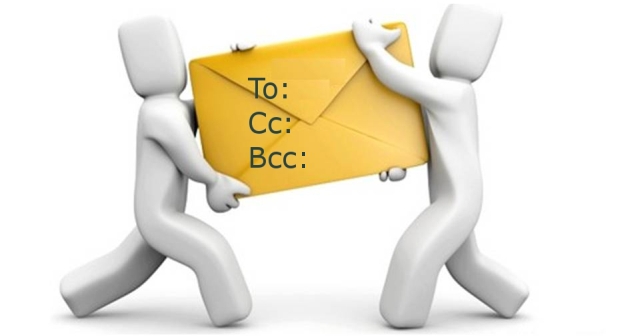
There is a certain practice of email etiquette which has emerged as more or less accepted convention, at least among agile organizations in the West, to which I myself took a liking years ago.
I’m referring to the practice of gently moving people off an email thread out of respect for their time. The most common example of this is when Person A introduces Person B to Person C. Person B might respond to the email thread with gratitude, first thanking Person A for the introduction, and subsequently addressing Person C to pursue the topic which served as the premise of the original introduction. It usually goes something like this:
- Person A: Hi Person C, I hope you’re doing well! I thought you might be interested in meeting Person B who would could benefit from your insight on…
- Person B: Thanks for your kind introduction, Person A (moving you to bcc)
Dear Person C, it’s a pleasure to e-meet you! Would you have a moment over the coming week for a quick introductory call? …
Moving you to bcc…
The phrase moving you to bcc plays a pivotal role in this email message. When I find myself in the role of Person B, my own version of this phrase usually falls along the lines of shifting you to bcc to spare your inbox, but the intent is identical. I like this practice because it elegantly accomplishes three things: It allows me as the beneficiary of Person A’s generosity to thank them in front of Person C, to demonstrate that I am taking Person A’s effort seriously and acting upon it, and all the while alleviating any future strain on Person A’s bandwidth to follow the conversation by politely taking them out of the loop.
Sometimes in certain cultural contexts like Japan, I might soften the approach even further by adding a caveat like, (please feel free to jump back on this email thread if you prefer). I also make a mental note to circle back again later to Person A, after my encounter with Person C, reiterating my appreciation for Person A’s original introduction. In fact, I learned this last touch from successful entrepreneurs I’ve backed, all of whom practiced this behavior consistently.
However, I also recognize that my preference for digital communication etiquette may not be shared by everyone. Some cultural contexts, be they geographic or corporate, might reward the behavior of casting the broadest possible paper trail in all organizational communications (or the converse: punish those who do not practice sufficient “CYA”). My reluctance to do the latter is rooted in two distinct beliefs:
… because I value your bandwidth (and mine)
First, although email may well have been the most appropriate tool for massive documentation of business communications two decades ago, I would submit that today this is no longer the case. Far more appropriate tools exist — Slack and Microsoft Teams to cite just a couple — which can log communications in a less time-sucking manner than email ping-pong.
The second is a question of values. Delegation, empowerment, trust, efficiency, and pragmatism are important values of mine in the business contexts in which I operate. Among the business plans, pitch decks, board meetings, financial reports, KPI dashboards, job-seekers, legal documents, etc. I am bombarded with such a volume and variety of stimuli that I seize upon every opportunity to conserve mental bandwidth. My default position is to trust the people with whom I do business — whether it be the entrepreneurs I back, my partners, my staff, my lawyers, or my peers — to use their best judgment to determine when it’s necessary to alert my attention to an issue.
Writing about this publicly allows me to explain my behavior and preemptively curtail any adverse reactions. I intend no offense when I shift you to BCC on an email thread. On the contrary, it is purely out of respect for your time that I do this. If this makes you uncomfortable or is problematic for some other reasons (e.g. regulatory), just let me know and I’ll be happy to restore your status on permanent CC of all relevant correspondence. Conversely, I promise to take no offense when you slide me off an email thread; in fact I would be grateful to you for doing so.
